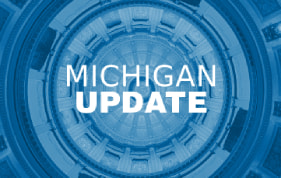This webinar was held on March 16, 2021.
COVID-19 vaccination has lagged among underserved populations and communities of color in part because of a deeply rooted historical skepticism concerning the safety and efficacy of certain medical treatments and procedures. During this webinar, experts from HMA, Tufts Health Plan, and ConsejoSano discussed how healthcare providers and public health officials can engage underserved populations and communities of color, build trust through tailored strategies, and raise the level of comfort and confidence among individuals still reticent to receive the COVID-19 vaccine.
Learning Objectives:
- Understand the drivers of lagging COVID-19 vaccination rates among underserved populations and communities of color.
- Find out how to build confidence in the safety and efficacy of COVID-19 vaccines using strategies tailored to specific populations and specific healthcare settings.
- Understand the special challenges and promising strategies for increasing vaccine confidence among individuals with behavioral health issues.
- Explore a novel high-tech, high-touch multicultural engagement solution for tailoring vaccine confidence strategies to diverse populations.
- Learn how to tackle underlying health equity challenges that might hinder efforts to improve COVID vaccination rates among underserved populations and communities of color.
Speakers
Margaret Kirkegaard, MD, Principal, HMA
Karen Hill, Senior Consultant, HMA
Deb Peartree, Senior Consultant, HMA
Gary Rosenfield, SVP of Business Development & Strategy, ConsejoSano
Juan Lopera, Corporate Business Diversity Officer, VP of Marketing & RI Medicaid, Tufts Health Plan



